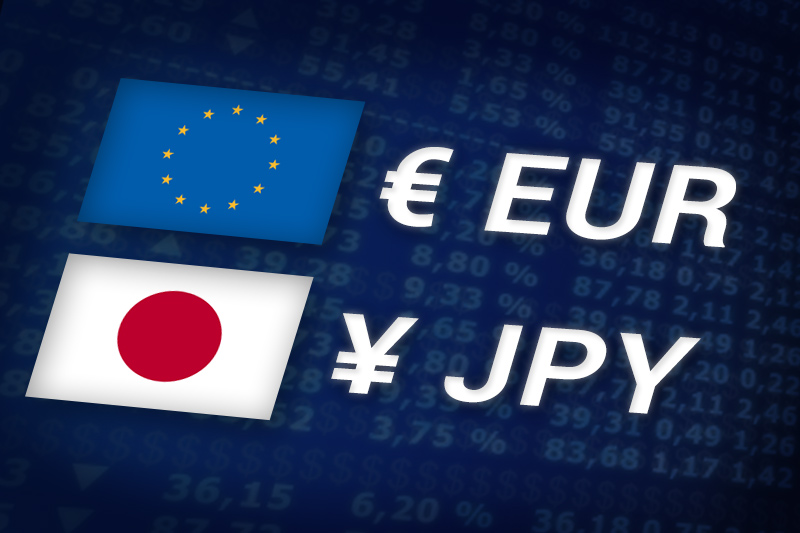Investing.com - The euro trimmed gains against the yen on Wednesday, but underlying expectations that Greece was close to an agreement on the terms of a second bailout deal continued to support the single currency.
EUR/JPY pulled away from 102.43, the pair’s highest since December 21, to hit 101.91 during European afternoon trade, still up 0.14%.
The pair was likely to find support at 100.36, Tuesday’s low and resistance at 102.43, the session high and an eight-week high.
Greek Prime Minister Lucas Papademos was to hold talks with the leaders of Greece's three political parties later in the day, to discuss the conditions being demanded by the country’s international creditors in exchange for a second bailout.
Athens is also in talks with private-sector creditors over a planned EUR100 billion debt swap deal, which is also a precondition for the new aid package, worth EUR130 billion.
European Union officials have said a final agreement the bailout much be approved by February 15, in order to avert a default when a EUR14.5 billion bond repayment comes due on March 20.
But the euro failed to build on early gains after official data showed that German exports fell at their fastest rate in nearly three years in December, narrowing the trade surplus to EUR13.9 billion from a revised EUR14.9 billion the previous month.
The data sparked concerns that the euro zone’s largest economy may have contracted more than originally estimated in the fourth quarter of 2011.
Elsewhere, the Bank of France said earlier that its economy will not grow at all in the first quarter of this year.
The euro was also fractionally higher against the U.S. dollar, with EUR/USD inching up 0.03% to hit 1.3226.
On Tuesday, Federal Reserve Chairman Ben Bernanke indicated that the central bank would keep borrowing costs close to zero for another two years, despite data last week showing the U.S. unemployment rate unexpectedly fell to a three-year low.
In testimony to the Senate Budget Committee in Washington, Bernanke said the decline in the jobless rate understated weakness in the labor market.
EUR/JPY pulled away from 102.43, the pair’s highest since December 21, to hit 101.91 during European afternoon trade, still up 0.14%.
The pair was likely to find support at 100.36, Tuesday’s low and resistance at 102.43, the session high and an eight-week high.
Greek Prime Minister Lucas Papademos was to hold talks with the leaders of Greece's three political parties later in the day, to discuss the conditions being demanded by the country’s international creditors in exchange for a second bailout.
Athens is also in talks with private-sector creditors over a planned EUR100 billion debt swap deal, which is also a precondition for the new aid package, worth EUR130 billion.
European Union officials have said a final agreement the bailout much be approved by February 15, in order to avert a default when a EUR14.5 billion bond repayment comes due on March 20.
But the euro failed to build on early gains after official data showed that German exports fell at their fastest rate in nearly three years in December, narrowing the trade surplus to EUR13.9 billion from a revised EUR14.9 billion the previous month.
The data sparked concerns that the euro zone’s largest economy may have contracted more than originally estimated in the fourth quarter of 2011.
Elsewhere, the Bank of France said earlier that its economy will not grow at all in the first quarter of this year.
The euro was also fractionally higher against the U.S. dollar, with EUR/USD inching up 0.03% to hit 1.3226.
On Tuesday, Federal Reserve Chairman Ben Bernanke indicated that the central bank would keep borrowing costs close to zero for another two years, despite data last week showing the U.S. unemployment rate unexpectedly fell to a three-year low.
In testimony to the Senate Budget Committee in Washington, Bernanke said the decline in the jobless rate understated weakness in the labor market.
